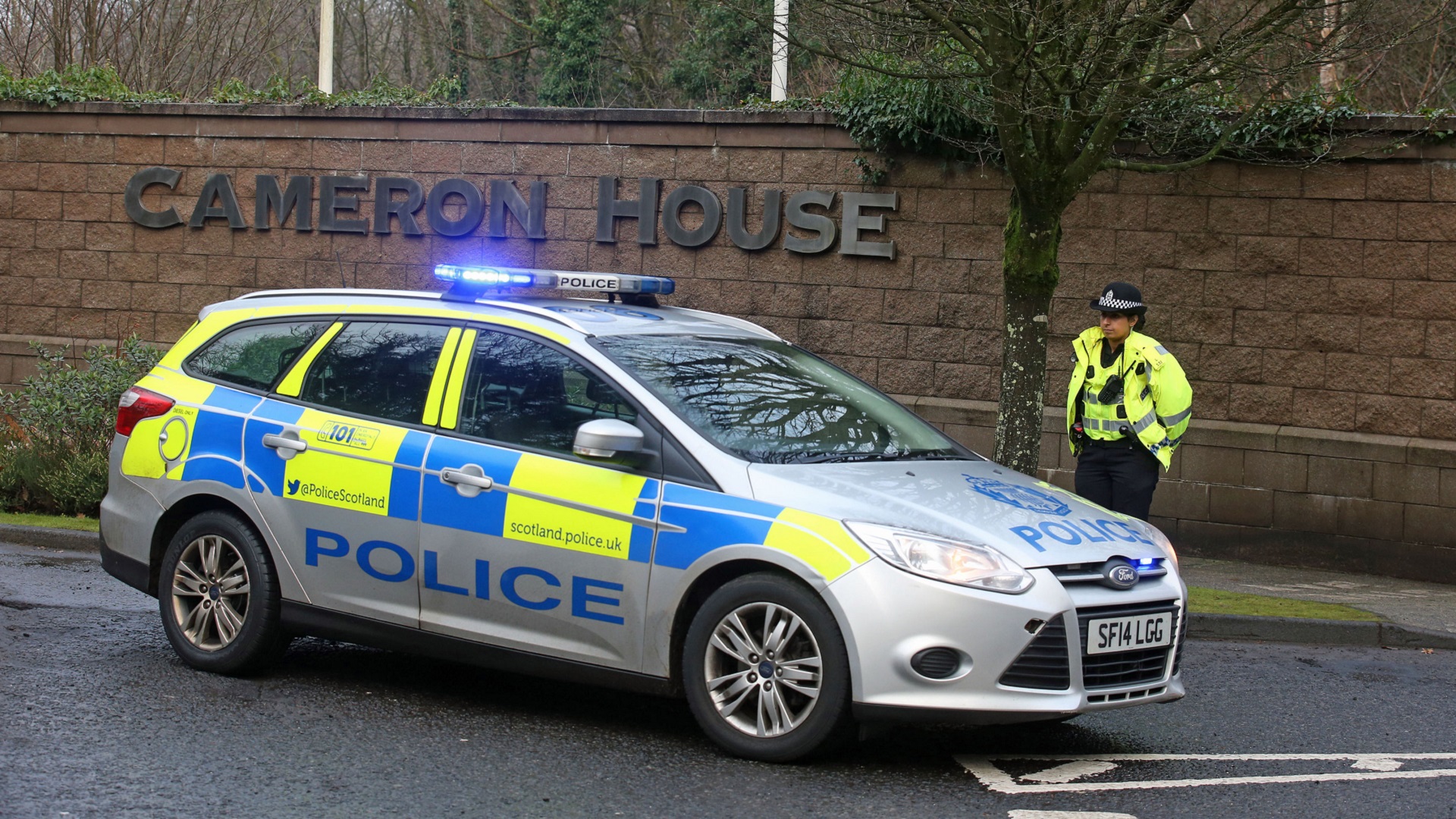

We may earn revenue from the products available on this page and participate in affiliate programs. Learn more ›
Some say speed kills. One British police chief sure seems to think so. The Guardian reports that Anthony Bangham, the chief constable of West Mercia and the lead for the National Police Chiefs Council on road policing, wants to be far more strict about enforcing speed limits, ticketing for even 3 mph over.
“They need to understand the law is set at the limit for a reason,” said Bangham. “They should not come whingeing to us about getting caught. If booked at 35 or 34 or 33 [in a 30 mph zone] that cannot be unfair because they are breaking the law.”
Standard practice in the U.K. is to permit 10 percent plus 2 mph over the posted limit before enforcing speed limits—for example, 35 in a 30 zone, or 57 in a 50. Similar practices exist in the U.S. as well, with going 10 mph over the limit frequently ignored by the highway patrol.
It’s true that many of us don’t take speed limits seriously as a result of this leeway. We see a “speed limit 55” sign and immediately translate that to 65, 70, or whatever we think we can get away with driving. Admittedly, there’s something to be said for the speed on the sign being the speed that is enforced. There would be no more games like this, where nobody seems to care if you go 90 in Montana but Virginia could send you to jail for it.
But others, such as Howard Cox, founder of the Fair Fuel campaign, consider such strict enforcement a money grab, as he said on Twitter. And, of course, there’s the old argument that police should “focus on real criminals” rather than strict speed enforcement.
While Bangham proposed strict speed limit enforcement, he has not made this a policy in his department. When the Daily Mail incorrectly reported that Bangham had called for strict enforcement of even driving 1 mph over the limit, he backpedaled on his stance a bit. “We will always ensure our activity is intelligence-led and therefore on our highest harm routes, if we know they are dangerous, then we will consider how we best enforce those speed limits.”

